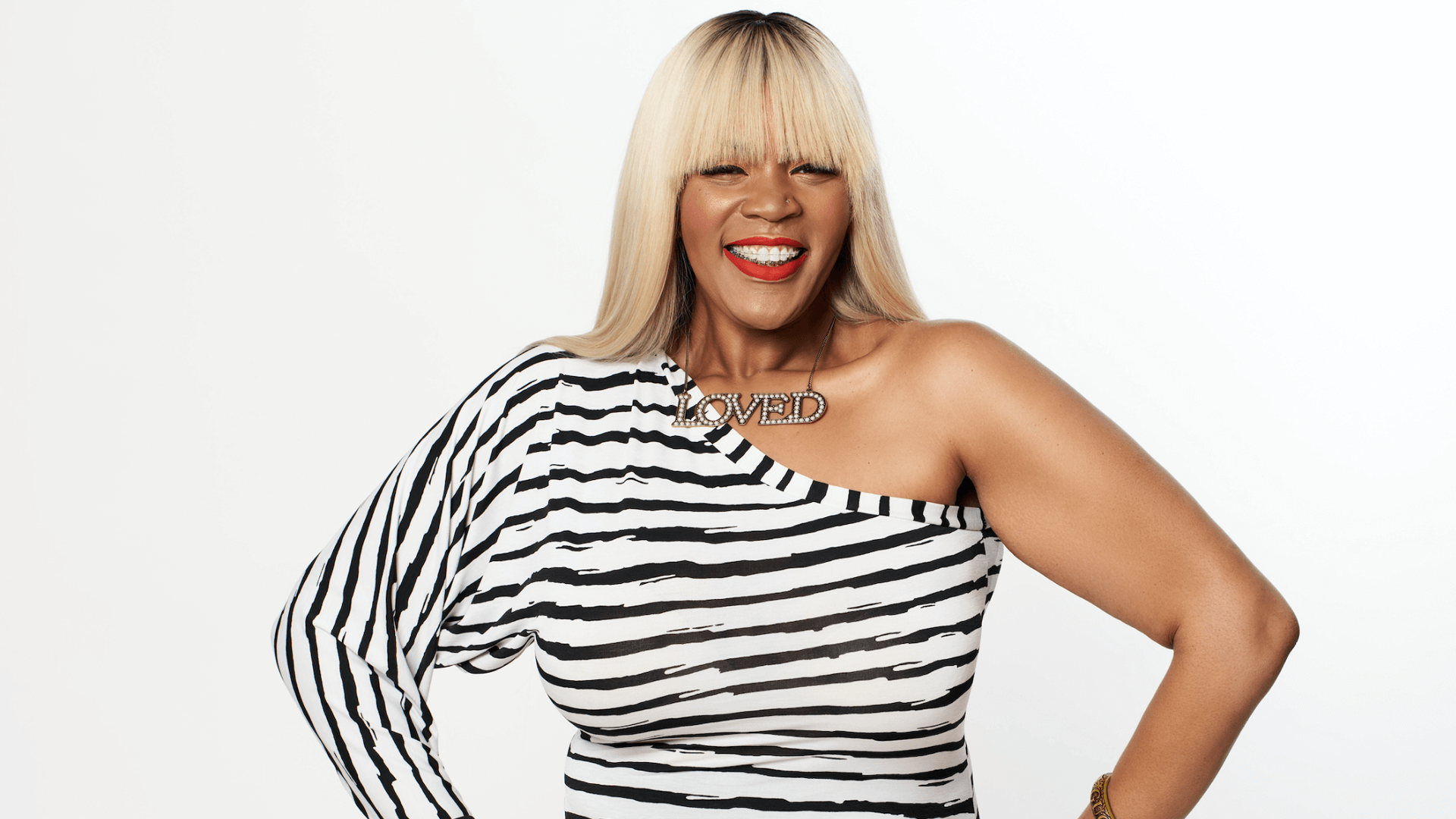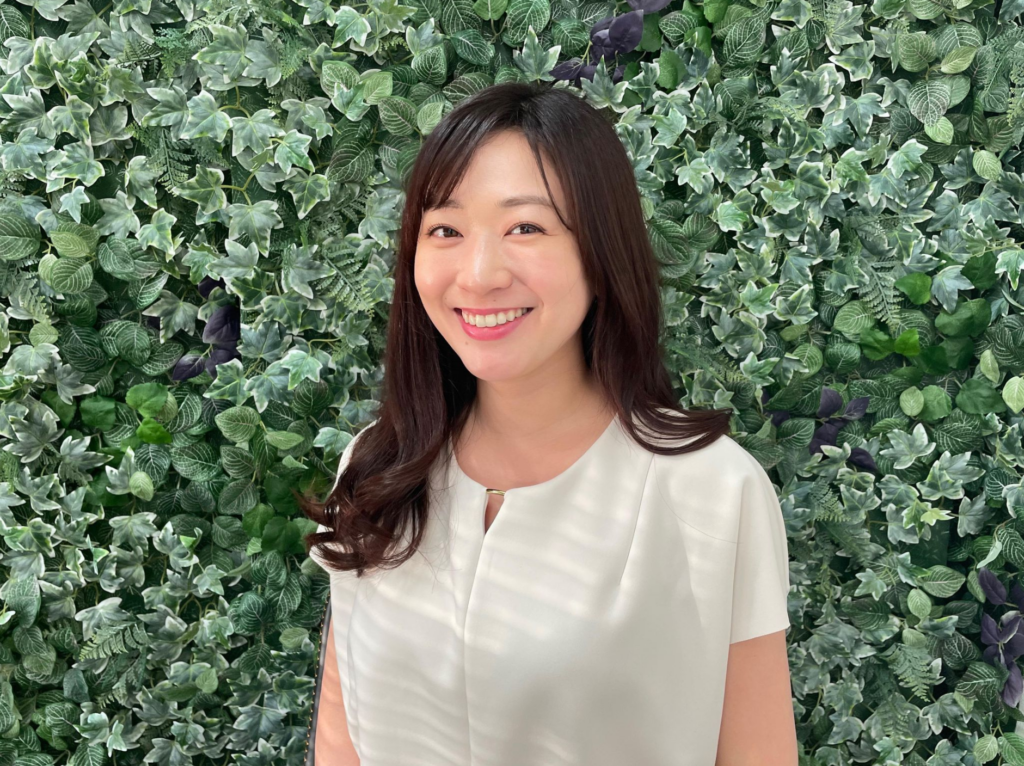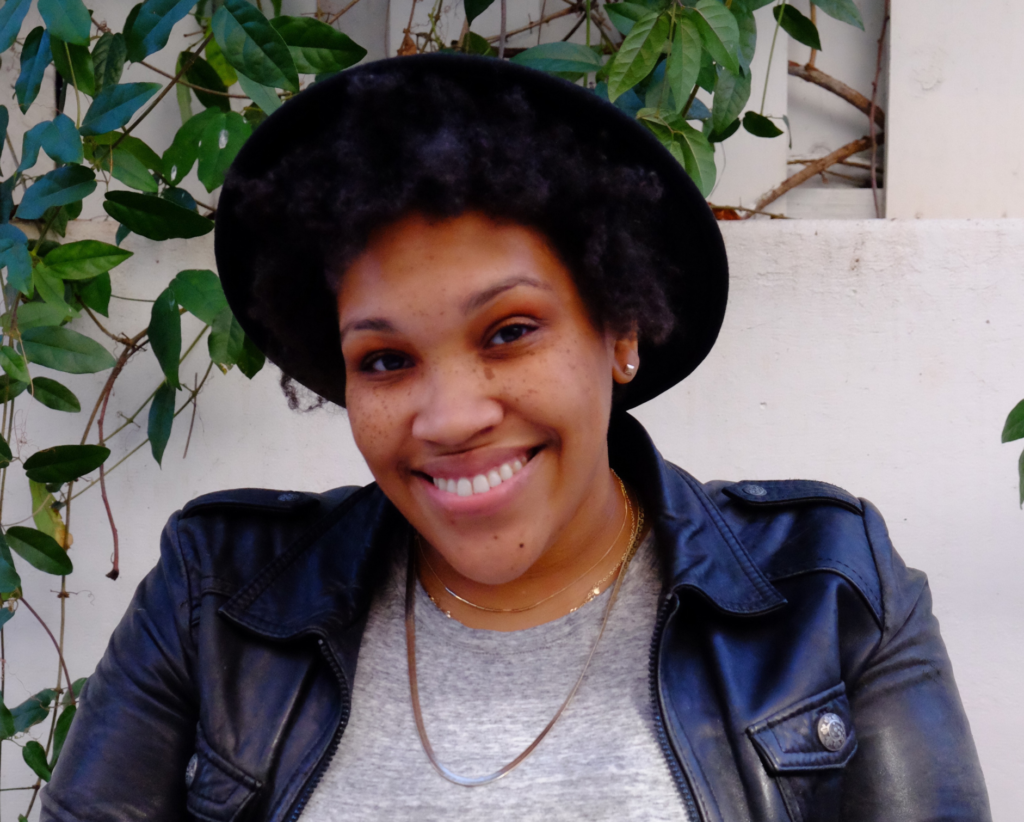
Suezette Yasmin Robotham is a veteran Diversity, Equity, and Inclusion (DEI) practitioner and sought-after speaker, connector, and coach. Her expertise has helped corporations, academia and a variety of industry sectors mold leaders and build equality in the workplace. She is the former Head of Diversity Programs on the Global Product & Software Engineering Recruiting team at Facebook and previously served as Program Manager on the Google Search & Assistant team. Suezette also founded a platform created to amplify the voices of Black women in tech and beyond called Black Tech Beauty in 2020. Suezette was featured in an episode of Meredith’s SeeHer Multiplicity in late 2021.
In this week’s SeeHer blog, Suezette offers perspective on code-switching, authenticity in the workplace, and the critical importance of representation.
The SeeHer movement is creating a platform which supports all women in our quest to do what Queen Audre Lorde once said we must do for our own survival, define ourselves for ourselves. Systemic change can only happen when organizations like SeeHer hold a mirror up for us to reflect on how we are creating the opportunity for everyone to not only have a voice, but also have equitable access to a seat at the proverbial table. That to me is like oxygen.
The feeling that we need to fit who we are into someone else’s idea of who we should be starts very young. My earliest memories of code switching date back to elementary school. Growing up as a first generation American in a Jamaican household, my mother prepared many traditional meals like chicken foot soup on a Friday evening. And as much as I enjoyed all of the delicacies from our Island in the Sun, explaining to my classmates why I was eating chicken foot soup didn’t translate well. I remember when we were learning the four food groups – literally editing myself to tell folks that I too had chicken, rice, and veggies on the nights that I’d actually had soup, oxtails, and goat. We learn the fear of being “othered” so early in our lives – shame even.
Covering continues when people enter professional spaces that are not welcoming or inclusive of different styles of leading or working. When people experience a workplace where they see specific behaviors and actions being rewarded and other styles being either ignored and/or penalized, they will begin to hide aspects of their identity in order to mimic or “fit-in” with the dominant culture. That comes with the consequence of people not feeling valued or that they can lead and be authentically who they are in the workplace. A dominant culture that stifles people in this way is toxic – leading to attrition, low morale, etc.
It is to the detriment to Women of Color to be in environments that have adopted a dominant culture facade. Code switching literally erodes at the core of your being by creating the illusion that who you are is either not enough or too much for an organization. There is both the visible toll – the erasure of Black Women especially in key leadership roles; and also an emotional and psychological toll. When authenticity in the workplace is embraced we create infinite possibilities for innovation, we allow for diverse perspectives which supports people in using their voices, and ultimately retain people because they feel valued and heard.
SeeHer’s tagline is “If you can see her, you can be her.” Representation matters. Depicting Women of Color as successful, happy, whole, and vulnerable humans across all media platforms erases so many myths about who we are, or have to be and allows us to reclaim and rewrite a narrative that is actually true to us. Representation is liberation. Media, when representing us properly, helps each of us to “get free.” That freedom is a beautiful thing.
While I can recall so vividly my younger self, I’m glad I am free of that fear of being othered and have reclaimed who I am for myself. I want this for all of us.
And I’d kill for some of my mom’s chicken foot soup right now.


